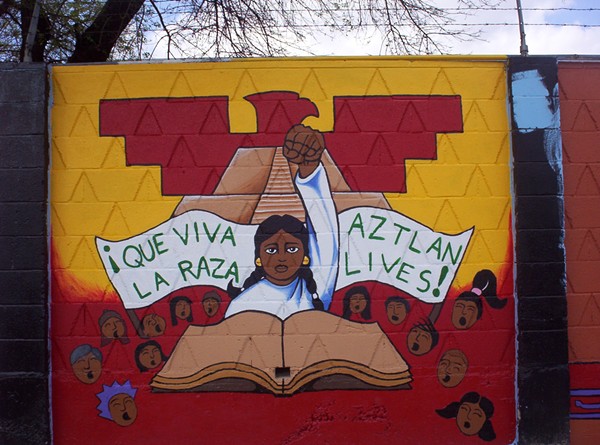
Welcome! The interdisciplinary nature of Chicana(o) Studies means that relevant information is dispersed throughout many different academic areas making it challenging at times to access needed information. This guide was created to help you find resources and materials at the University Library in many areas such as history, political science, sociology, literature and more that relate to Mexican American, Latinx, Chicanx communities living in the United States. In addition, this guide can assist students who are conducting research in Mexican American, Latinx, and Borderlands Studies Program at Texas A&M University-San Antonio.
Please click on the tabs to discover the variety of resources that are available in the library and on the web.

The first step is to choose a topic. We recommend you consider the following:
Once the topic is selected, you should:
You will encounter the terms "Chicano(s)" or "Chicana(s)", "Latino(s)" or "Latina(s)", "Hispanic(s)" or "Hispanic American(s)" and "Mexican American(s)" in different websites, online catalogs and databases.
Regardless of which terms you prefer, it may be necessary for you to try all of them to find the resources you need. A keyword search can help to determine which terms have been used in the database you are trying to use.
In those databases with a controlled list of vocabulary, "Chicano" or "Chicana" will rarely be the term selected. Instead "Mexican American" or even "Hispanic American" will probably be the preferred term, but sometimes Latino and Latina is used.
U.S. government websites have traditionally used the term "Hispanic American" in their reporting, but recently, the Census Bureau allowed people to self select the terms used to identity their ethnicity in the 2000 Census. Most government agencies have begun to use some of these other terms.
This guide was created in consultation with Dr. Santos, Assistant Professor of English, and the Diversity and Dialogue Working Group in 2018.